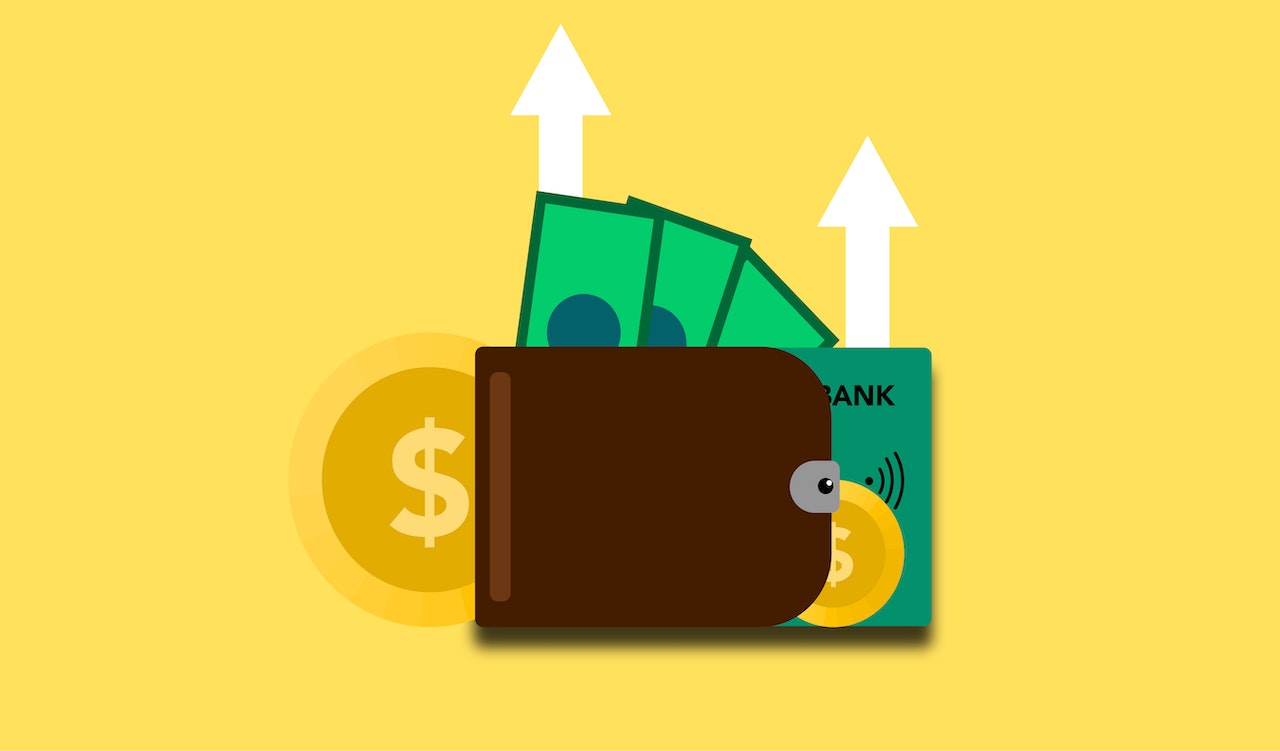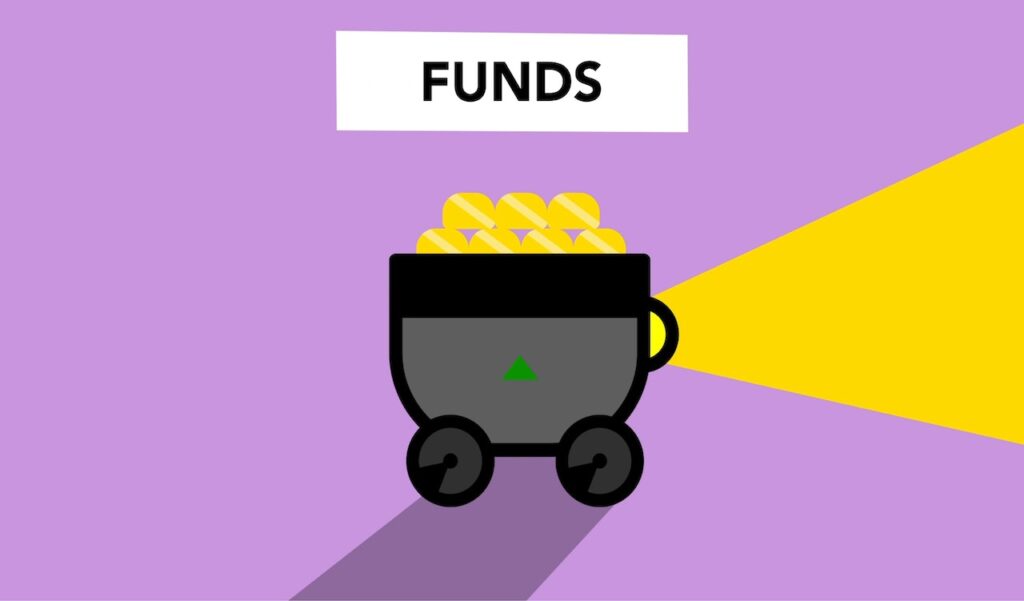Personal Finance
How to Prepare For A Recession If You Are Retired
Going through a recession is a tough path, but many people can use this in their advantage to build their wealth.
Published
3 years agoon
By
Mario
You might not have thought to plan for a recession during retirement when making your future plans. If you’re retired and anticipate a recession, you’ll want to safeguard your retirement funds to ensure you can continue to cover both your immediate and long-term living costs.
Even while you won’t have to worry about an unexpected job loss like a pre-retiree does, a bear market or falling interest rates could still cause you to lose some of your income.
Four Proactive Measures That Retirees Can Take To Get Ready For A Recession
Make a Variety of Investments

Financial gurus advise diversifying your holdings and asset allocation in the event of a future economic downturn and market volatility to reduce your chance of losing money from your retirement portfolio.
A balanced portfolio of stocks and bonds may be the best option if you want to spread your risk exposure across several asset types. Additionally, spreading out your stock market investments may lessen the risk of losing money on underperforming equities while still allowing you to benefit from gains from assets that perform well.
Diversification may seem different for retirees than it does for those who are still in the workforce. For instance, you might invest your money in “safe” investments like money market funds, laddered bonds, or cash value life insurance.
If you’re thinking of changing your investment mix, talk to a financial counselor. During a market downturn, they can assist you in deciding what’s best for your particular circumstances.
Reduced Monthly Costs

If you’re concerned that a recession may cause your retirement funds to lose value or to grow less quickly, you might wish to reduce your monthly spending to make your nest egg last longer. Here are a few ideas for cost-cutting.
Lower Your Debt
You can save money and free up cash by cutting back on the number of monthly expenses you have to pay.
Credit cards are a frequent debt-generating tool. If you merely make the minimum payment indicated on your bill, the interest charges can pile up quickly. To reduce your credit card balances to a tolerable level, try to pay more than the minimum.
Additionally, if your credit rating has increased since your initial credit application, you might be able to bargain for a lower interest rate. You can reduce your credit card debt even more quickly if you do that.
If you can’t do that, you might be able to move the debt to a credit line or balance transfer card with a lower interest rate. Your mortgage is another place where you might be able to make savings. Your mortgage could be refinanced at a cheaper interest rate. In addition, some lenders provide forbearance plans if you require financial aid.
Cut Back On Entertainment Costs
Avoiding spending on leisure activities is another strategy to reduce your monthly expenses. Retirees and those who are nearing retirement must come up with innovative ways to save money during a recession, just like individuals did during the Great Recession.
One illustration is to cut back on your restaurant dining. You might think about canceling some of your streaming subscriptions or looking for less expensive alternatives to your usual pastimes, such as seeing a movie at home instead of the theater.
Families who are attempting to cut costs don’t have to give up all leisure activities. But in order to optimize savings, people need to plan their spending.
Create A Fund For Emergencies

Because unforeseen events can occur at any time, creating an emergency fund is crucial during a recession. The Federal Reserve Board estimates that 40% of Americans don’t have at least $400 for emergencies. Many Americans don’t have a savings account to fall back on in times of need.
When you have an emergency fund, you have a fund that can be used to cover unforeseen expenses, such as:
- Medical expenses
- A decrease in revenue
- A required home or vehicle repair
If you don’t have an emergency fund, you could have to borrow money to cover unforeseen costs.
In general, your emergency fund should contain three to six months’ worth of costs. You can let your savings grow while they are dormant if you store your emergency fund in an interest-bearing bank account, like a high-yield savings account.
Make A Budget For Retirement
For retirees, the fear of outliving one’s resources is a typical worry. You may prevent this by setting up a retirement budget. Making a budget that takes both anticipated and unforeseen expenses into account is one of the most crucial components of retirement planning.
You should build a method to keep track of budgeted expenses, make bill payments on time, and control your spending in addition to creating a budget. Here are a few strategies that could be useful for both retirees and people who are still working.
Prepare For A Recession In Advance
Economic downturns are unavoidable, so it’s crucial to understand how to get ready for one if you’re retired. To protect your retirement income amid a downturn, think about taking the following actions:
- Investment diversification
- Reducing monthly costs
- Creating a fund for emergencies
- Making a budget for retirement
Final Note
Everyone might suffer greatly during a recession, but it’s important to keep in mind that your retirement plan can still be protected. Make sure you have an emergency fund, stay diversified, and think about investing in conservative securities if you are worried about the state of the economy.
By implementing these suggestions, you may increase the likelihood that your retirement plan will withstand the test and give you the security you require financially during this trying time.
You may like
-
Is It A Good Idea To Switch Jobs During A Recession
-
What Are The Reasons Americans Don‘t Save More for Retirement
-
How to Recession-Proof Yourself
-
Why Self-Discipline is Crucial for Financial Success
-
How to Avoid Money Fear in Your 30s
-
Top Keys For Financial Security | How to Become Financially Stable

Best Problem-Solving Strategies In Business

How to Start Affiliate Marketing Through Amazon

How to Plan A Wedding On A Budget

10 Reasons Why Budgeting Is Important














